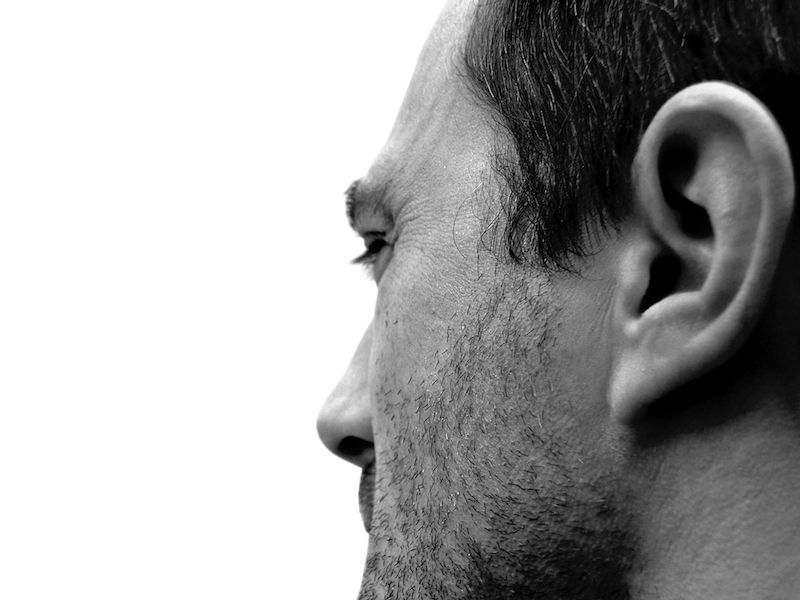
Tinnitus symptoms are not usually continuous; it seems to be difficult to understand when and why these sounds happen. Sometimes, it seems like, for no apparent reason at all, your ears just start to buzz. As you lie in bed, you consider your day, and there are no clear causes for this event: no loud music, no screeching fire alarms, nothing that could explain why your tinnitus chose 9 PM to mount a flare-up.
So possibly the food you ate might be the reason. We don’t typically think about the connection between hearing and food, but there’s a bit of research and evidence to suggest that certain foods can make tinnitus worse. In order to steer clear of those foods, you need to recognize what they are.
Which Foods Worsen Tinnitus?
So let’s get right to it. You won’t want to experience a food related tinnitus event so you need to know which foods can trigger it. Here are some foods to avoid:
Alcoholic Drinks
Alcohol and tobacco should be high on the list of things to stay clear of. You will absolutely want to avoid smoking and drinking so that you can reduce your risk of a tinnitus flare up’s even though tobacco isn’t actually a food.
Your overall health can be substantially impacted by alcohol and tobacco specifically your blood pressure. Your tinnitus is increasingly more likely to flare up the more you drink and smoke.
Sodium
One of the best predictors of tinnitus episodes is your blood pressure. Your tinnitus gets worse when your blood pressure goes up. That’s the reason why when you make your list of foods to avoid, sodium should be at the top. You’ll need to drastically reduce your sodium consumption whether you put salt on everything or you just love eating french fries.
There are certain foods that you don’t typically consider to be high in sodium such as ice cream. But to prevent any sudden tinnitus episodes you will want to keep track of sodium content.
Fast Food
It shouldn’t be shocking that you should avoid fast food if you are avoiding sodium. The majority of fast-food places (even the ones that claim they are a healthier choice) serve food that is jam-packed with salt and fat. And, clearly, your blood pressure and your tinnitus will be adversely affected by this type of diet. Let’s not forget the huge drinks they serve which are extremely high in sugar. Yes you guessed it, sugar is next on the list.
Sweets And Sugars
We all love candy. Well, the majority of us enjoy candy. There is a very small percentage of the populace that would actually prefer veggies. No judgment from us.
Regrettably, the glucose balance in your body can be significantly disrupted by sugar. And a tiny disturbance of your glucose balance can cause you to have a difficult time trying to sleep. In the silence of the night, while you lie there awake, it becomes much easier to start to hear that ringing.
Caffeine
There’s an apparent reason why we saved this one for last. Quitting this one is a tough pill to swallow. But having caffeine late in the day, whether from coffee, tea, or soda, can really mess up your sleep cycle. And your tinnitus is more likely to appear if you aren’t getting quality sleep.
So it’s not really the caffeine per se that’s the issue, it’s the lack of sleep. Drink your coffee or tea in the morning, and switch to a non-caffeinated drink before dinner.
What Are Your Best Practices?
This list is certainly not exhaustive. Your hearing professional is the ideal place to start concerning the dietary modifications you need to make. Let’s not forget that dietary changes affect everyone differently, so in order to monitor what works and what doesn’t, it might be a good idea to keep a food journal.
Knowing what foods can cause a tinnitus event can help you make more intelligent choices going forward. When you begin tracking what you eat, and what happens to your ears subsequently, you may begin to note patterns, and that can take some of the mystery out of your tinnitus symptoms.
Then you will know if you are going to be sorry for that late cup of coffee.